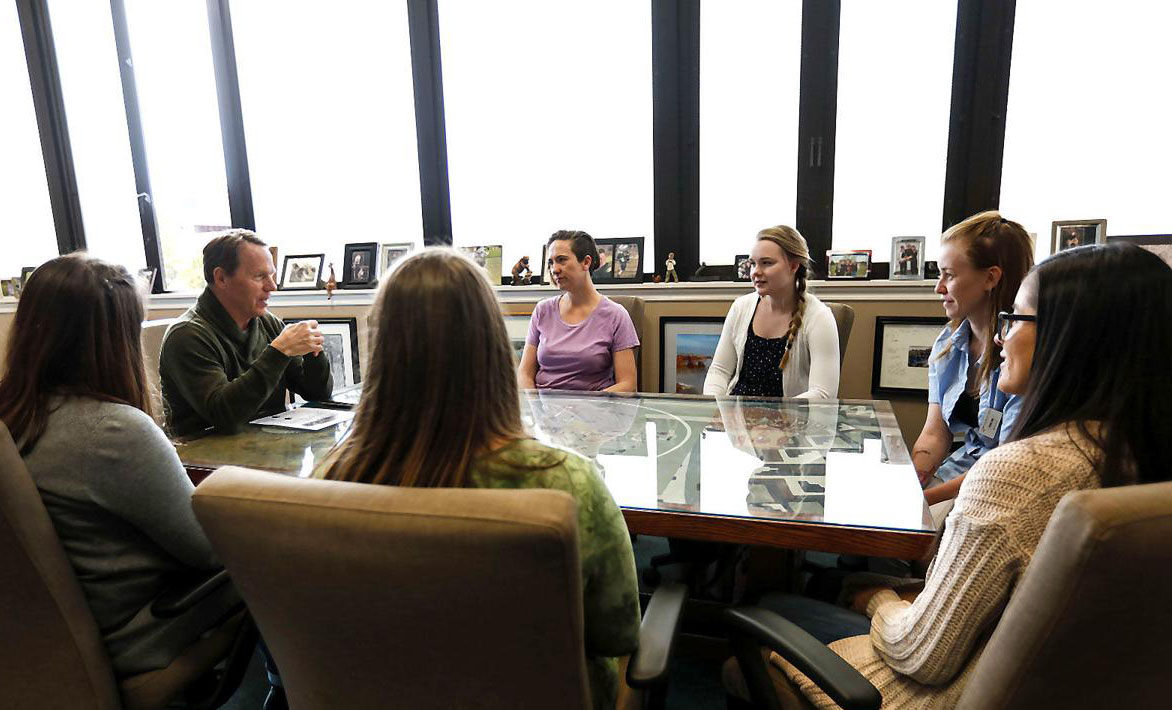This study examines the relationship between support from comprehensive college transition program (CCTP) staff and students’ academic self-efficacy, academic behavioral change, and achievement. The authors surveyed 1,197 students across three campuses of the University of Nebraska system. Path analyses revealed CCTP staff support had direct and indirect effects on these outcomes. They recommend that institutions identify program staff as sources of knowledge and that research explore them as a source of academic self-efficacy.
Explorescholarly articles
Program Staff as Facilitators of Academic Self–Efficacy, Academic Behavioral Change, and Achievement among Low–income, First–Generation, and Minoritized Students
Related Stories

Data, Assessment, & Evaluation
Staff Perceptions of First-in-Family Students in Higher Education: A Case Study of a Belgian College

Access and Persistence
“I Wasn’t Supposed to Be There”: Examining the Experiences of First-Generation Women of Color in Undergraduate STEM Majors

Data, Assessment, & Evaluation
